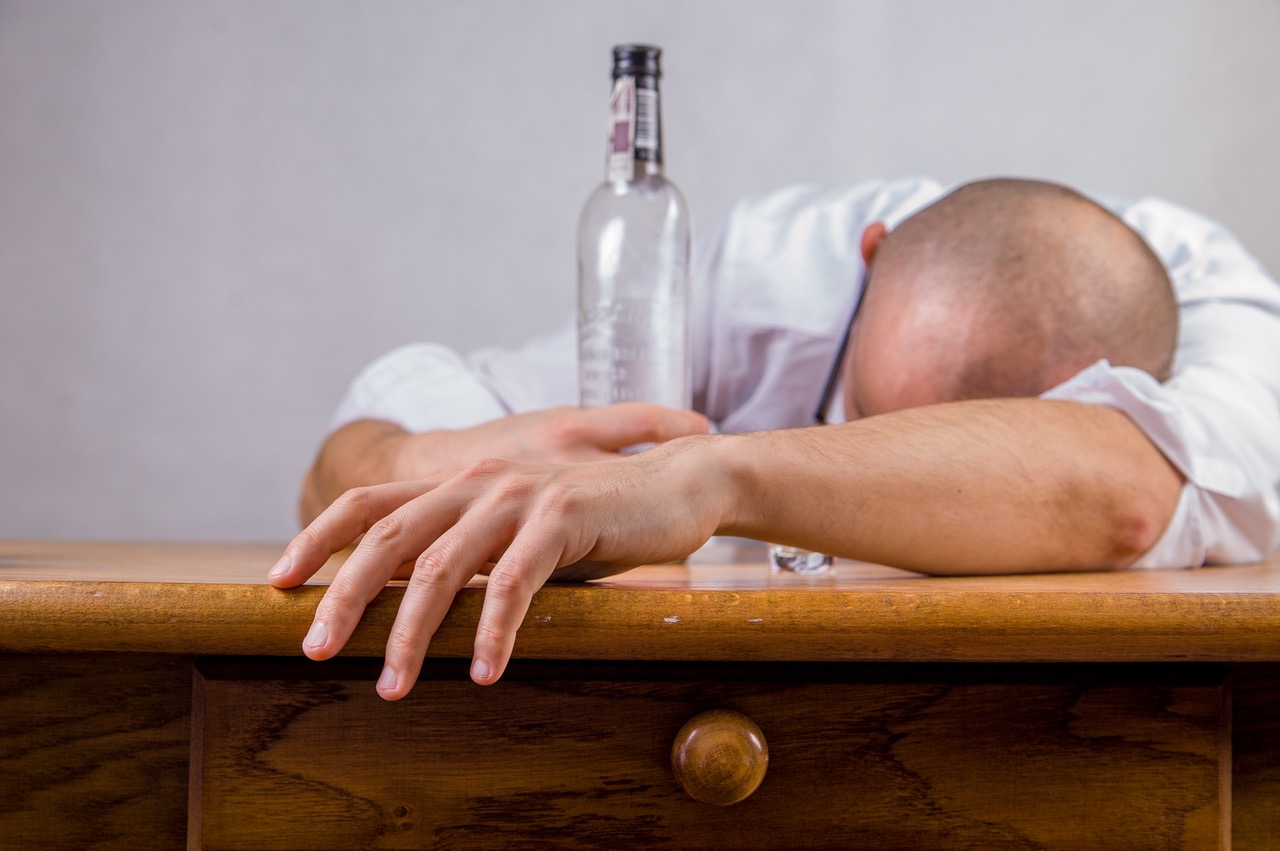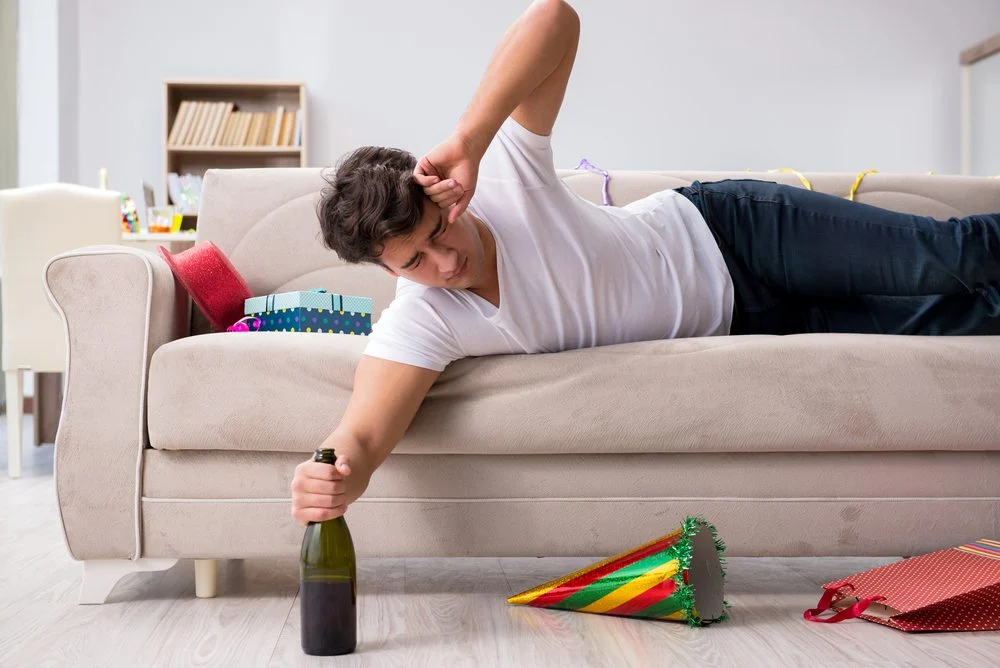Wine lovers know the dilemma all too well: the desire to savor that perfect glass of Pinot Noir or celebrate with friends over a bottle of Chardonnay, only to wake up the next morning feeling like you’ve been hit by a truck. Wine hangovers can be particularly brutal, often more severe than those from other alcoholic beverages due to compounds called congeners and higher alcohol content. The good news? You don’t have to choose between enjoying wine and feeling great the next day. With the right strategies, preparation, and mindful drinking habits, you can indulge in your favorite vintages while minimizing or completely avoiding hangover symptoms. This comprehensive guide will teach you evidence-based methods to enjoy wine responsibly and wake up refreshed.
Understanding Why Wine Hangovers Hit Harder
Wine hangovers are notoriously severe due to several factors that distinguish wine from other alcoholic beverages. Congeners, toxic compounds formed during fermentation, play a major role in hangover severity. Red wines contain significantly more congeners than white wines, which explains why red wine hangovers tend to be more intense. Additionally, many wines have higher alcohol content than beer, with some reaching 15.5% ABV compared to beer’s typical 4-6%.
Sulfites in wine can also contribute to headaches and hangover symptoms, particularly in sensitive individuals. The combination of alcohol, congeners, and sulfites creates what experts call “the perfect storm” for severe hangover symptoms.
Pre-Drinking Preparation: Set Yourself Up for Success
Eat a Substantial Meal
Never drink wine on an empty stomach. Consuming a balanced meal 1-2 hours before drinking significantly slows alcohol absorption. Focus on foods high in healthy fats and carbohydrates – think salmon, cheese, nuts, or a hearty pasta dish. These foods create a buffer in your stomach, preventing rapid alcohol absorption that leads to intoxication and subsequent hangovers.
Hydrate Strategically
Begin hydrating hours before your first sip. Proper pre-hydration gives your body a head start in processing alcohol efficiently. Consider adding electrolyte supplements to your water, as alcohol depletes essential minerals like sodium, potassium, and magnesium.
Smart Drinking Strategies During Wine Consumption

The Golden 1:1 Rule
For every glass of wine, drink an equal amount of water. This simple strategy helps maintain hydration levels and slows your alcohol consumption. European wine drinkers often follow this practice, which contributes to their lower hangover rates.
Choose Your Wine Wisely
Opt for white wines or rosé over red varieties, as they contain significantly fewer congeners. If you prefer red wine, select bottles with lower alcohol content (12.5-13.5% ABV) and moderate tannins. Avoid cheap, mass-produced wines that often contain more additives and congeners.
Pace Yourself Properly
Drink slowly and savor each glass rather than consuming wine quickly. Your liver can only process approximately one standard drink per hour, so spacing out consumption allows your body to metabolize alcohol effectively.
Post-Wine Recovery and Prevention
Continue Hydrating
Don’t stop drinking water when you finish your last glass of wine. Continue hydrating for several hours after drinking, ideally consuming water with electrolytes to replenish what alcohol has depleted.
Time Your Sleep
Stop drinking at least 2 hours before bedtime. This allows your body to begin processing alcohol before sleep, preventing the dreaded 3 AM “alcohol rebound” that disrupts rest and worsens hangover symptoms.
Consider Supplements
Some wine enthusiasts swear by supplements like Z Biotic or electrolyte formulas specifically designed for alcohol recovery. While expensive, these products can provide additional support for your body’s recovery process.
Emergency Hangover Relief
If prevention fails, focus on rehydration with electrolytes, eating bland foods like toast or bananas, taking ibuprofen (never acetaminophen with alcohol), and getting extra sleep. Remember, time is the only true cure, but these strategies can significantly reduce symptom severity.


